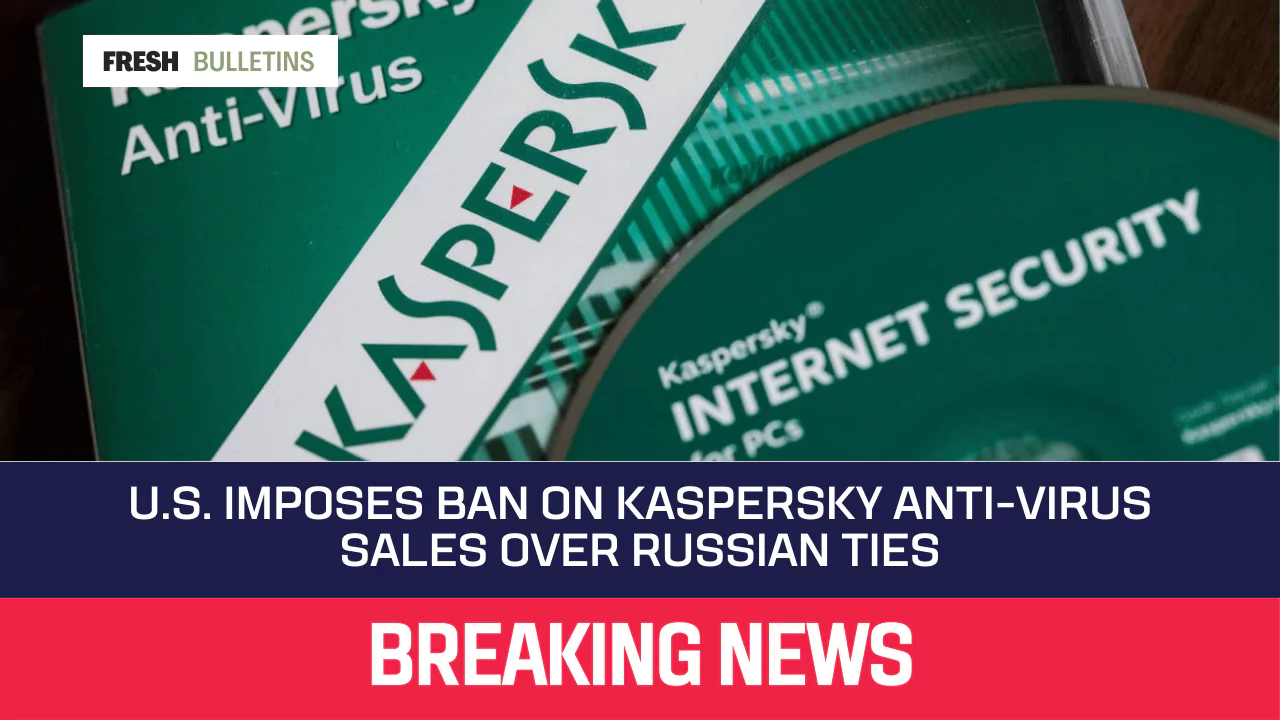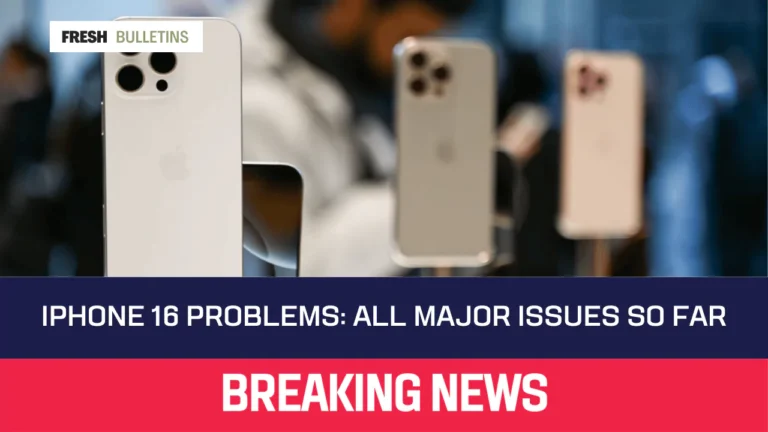U.S. Imposes Ban on Kaspersky Anti-virus Sales Over Russian Ties
In a significant decision, the Biden administration announced a ban on the sales and distribution of Kaspersky anti-virus software and cybersecurity products in the United States, citing national security concerns related to the Russian company.
Background: U.S. Ban on Kaspersky Anti-virus Software
The U.S. has been wary of Kaspersky Lab due to concerns over Russian influence and potential exploitation by the Russian government. The Biden administration stated that Kaspersky has long posed a national security concern. These concerns have led to investigations and restrictions on the use of Kaspersky software by government agencies.
Reasons cited by the Biden administration
The Biden administration’s ban is based on the following reasons:
- Kaspersky is subject to Russian jurisdiction and must comply with requests for information from the Russian government, increasing the risk of exploitation of sensitive information.
- The company has the capability to install malicious software and transfer data from U.S. customers to Russia, where the government may access it.
Concerns over Russian influence
The announcement comes amid increased scrutiny of Russian-owned apps and growing concerns over threats to data privacy and security. This scrutiny has heightened in recent years, with lawmakers and leaders intensifying their focus on potential risks associated with foreign-owned technology.
In April 2022, President Biden signed a bill that could ban TikTok, due to concerns regarding Chinese ownership and data privacy. This decision reflects the growing awareness of the impact of technology and data security on U.S. national security.
Impact & Ramifications of the Ban
The ban on Kaspersky products has significant consequences for both federal agencies and private businesses across the country.
Ban on Federal Agency Use
In 2017, the Department of Homeland Security ordered federal civilian agencies to remove the software from their networks, due to concerns about links between Kaspersky and Russian state-sponsored cyberespionage activities. This latest move by the Biden administration expands on the 2017 ban, prohibiting sales and distribution for everyone in the United States.
Limitations on Sales and Licensing
Beginning September 29th, Kaspersky will no longer be allowed to sell or license its products and services within the U.S. The ban will apply to end-users, private businesses, and state and local governments. Until then, Kaspersky can continue providing some services, including updates, to give consumers and businesses time to find alternative solutions.
However, individuals or entities that continue to use Kaspersky products after the ban may face cybersecurity and associated risks, as they will no longer receive official support or updates.
Response from Kaspersky Lab
Kaspersky Lab has denied the allegations of representing a security risk and argues against the ban:
Denial of Any Threat to U.S. Security
Kaspersky is adamant about not doing anything that could mess with the security of the United States. They think the U.S. government’s choice was based more on politics and worries than on any real issues with their services.
Arguments Against the Ban
Kaspersky contends that the ban unfairly targets the company without substantiated evidence of any wrongdoing. The company has stated that it will take legal action against the U.S. government to challenge the ban and protect its reputation.
The U.S. ban on Kaspersky anti-virus software highlights the growing concern over foreign influence on U.S. national security and data privacy. With the digital landscape constantly evolving, governments and private businesses must navigate the complex balance between harnessing technology and mitigating risks associated with foreign-owned software and cybersecurity products.







